Back to Courses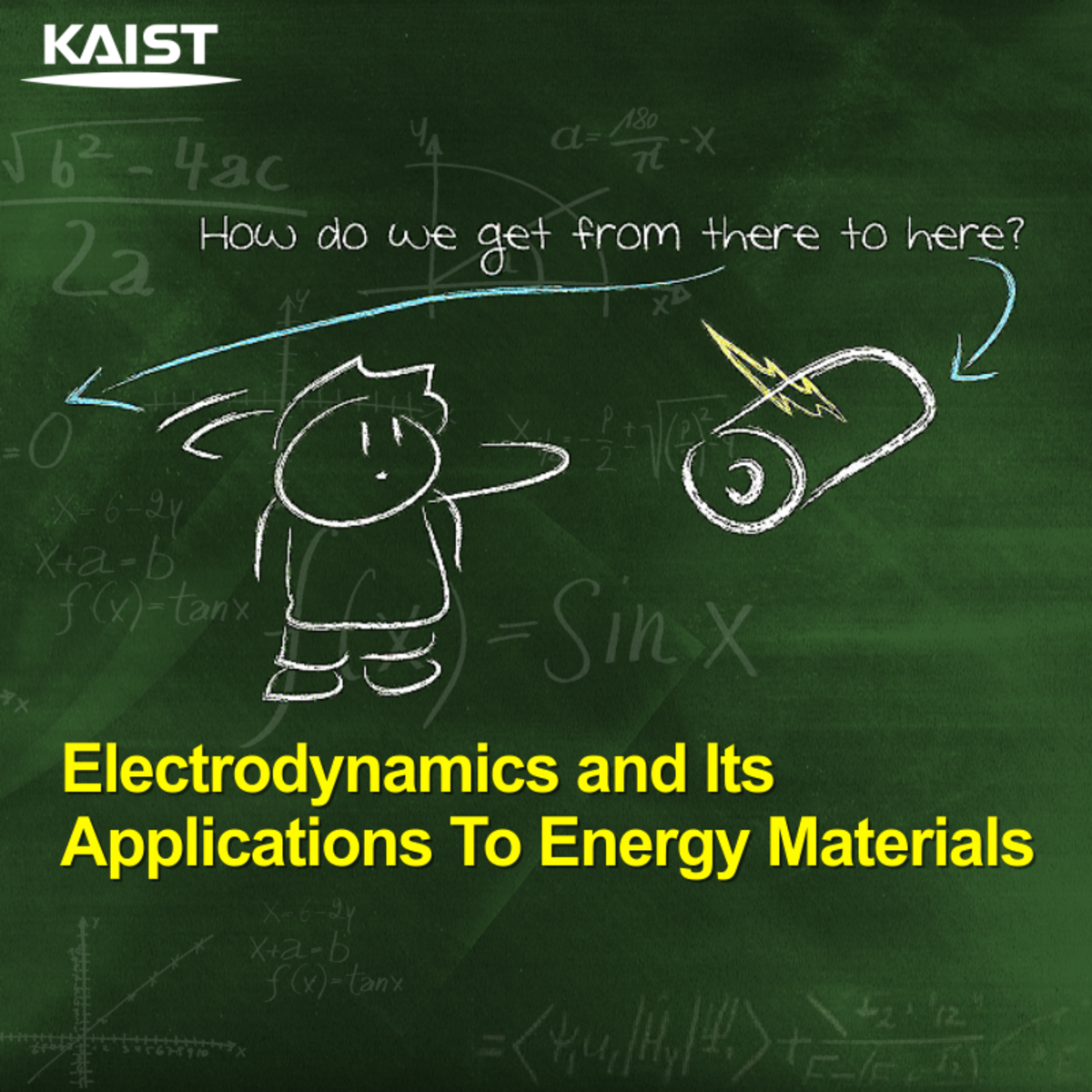
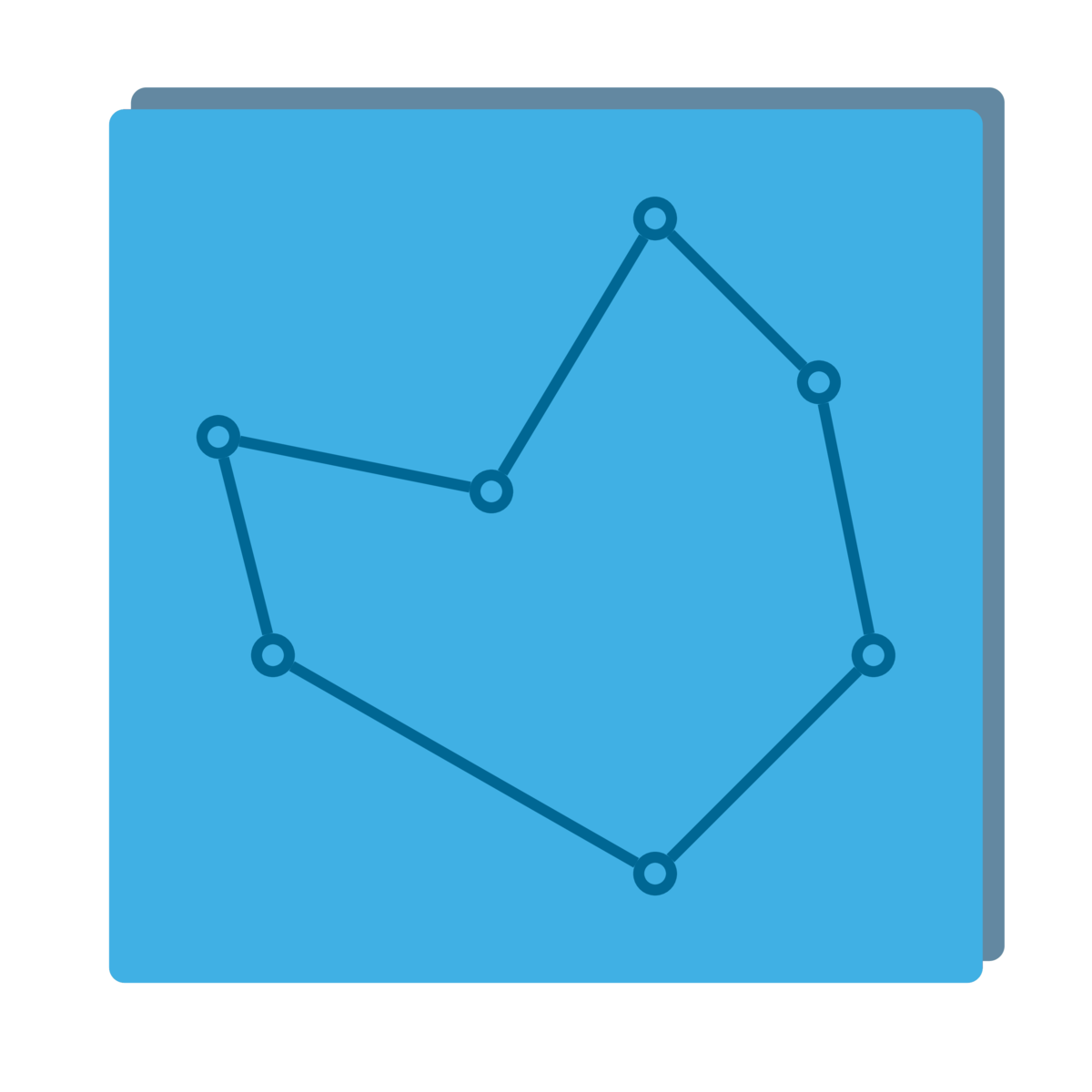

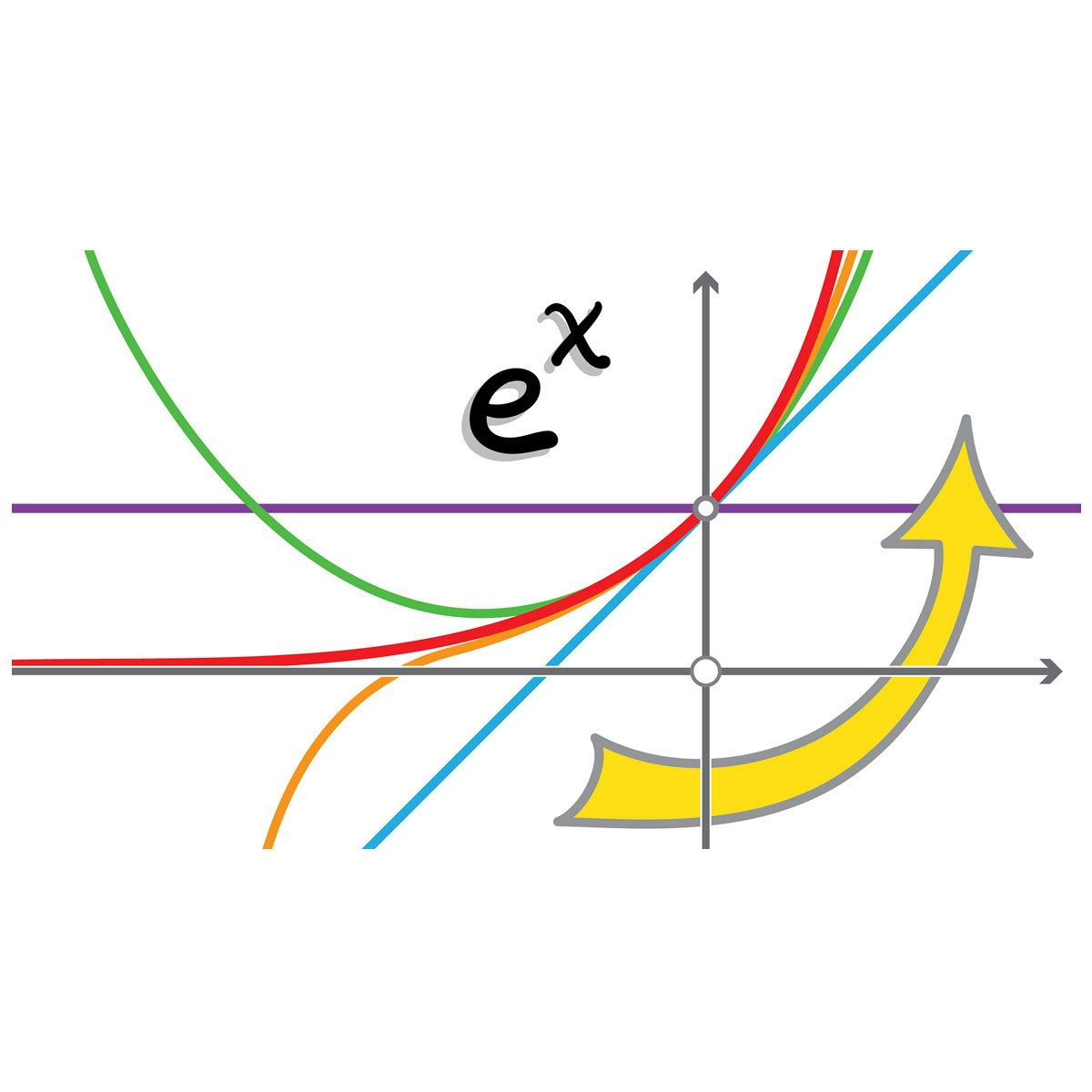

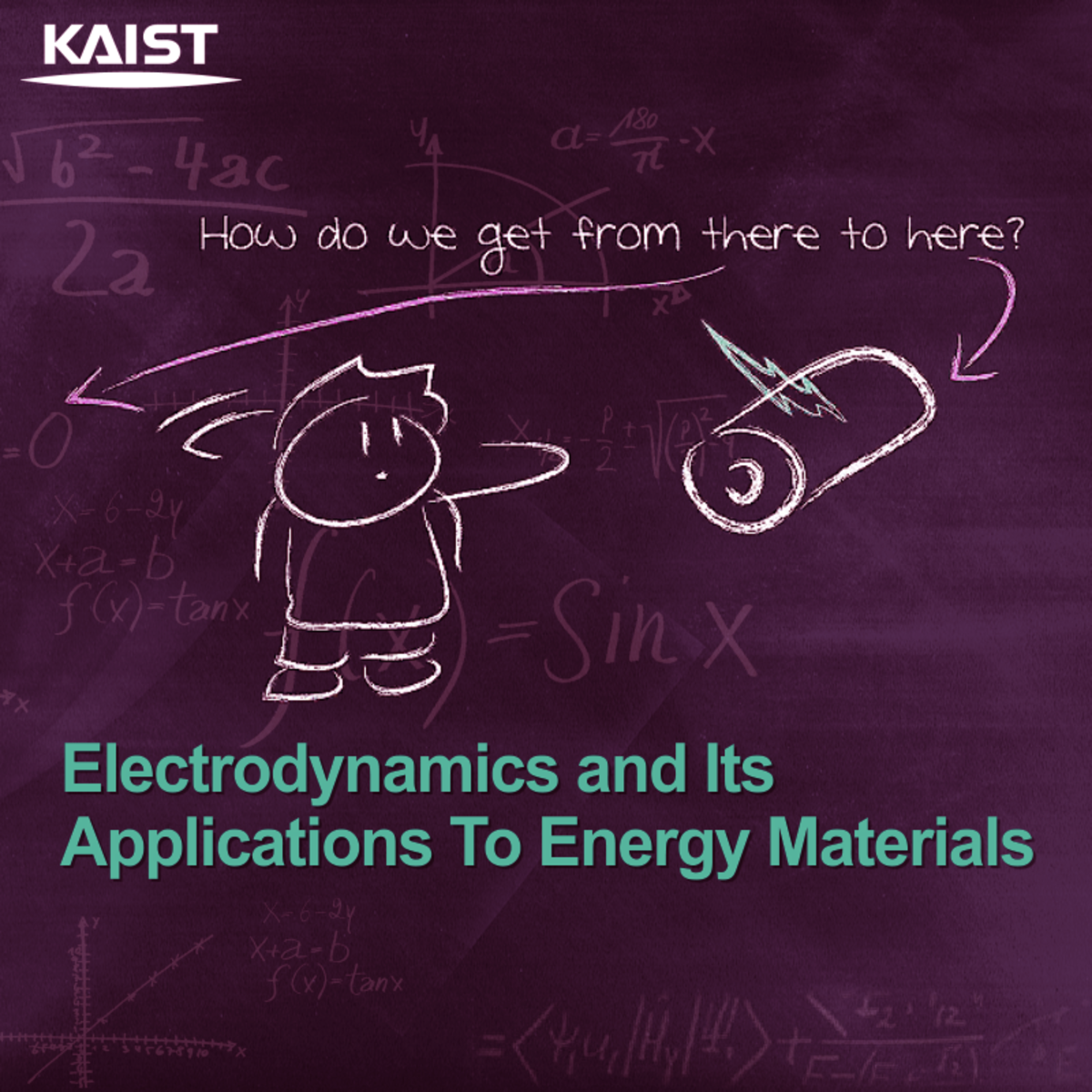
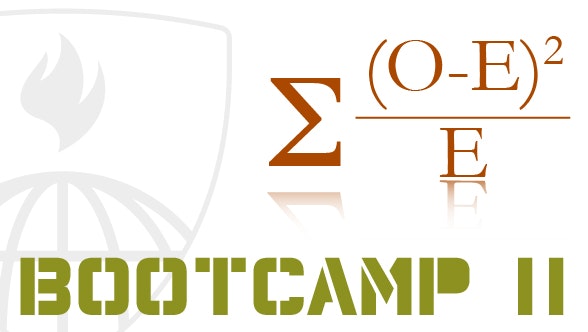
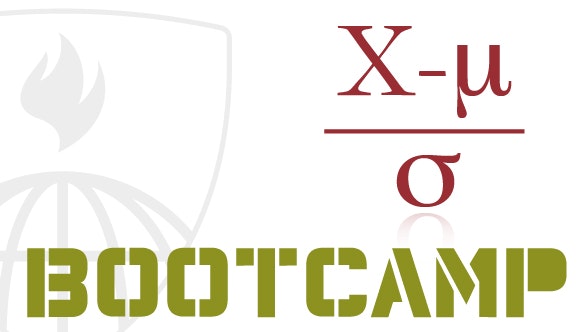

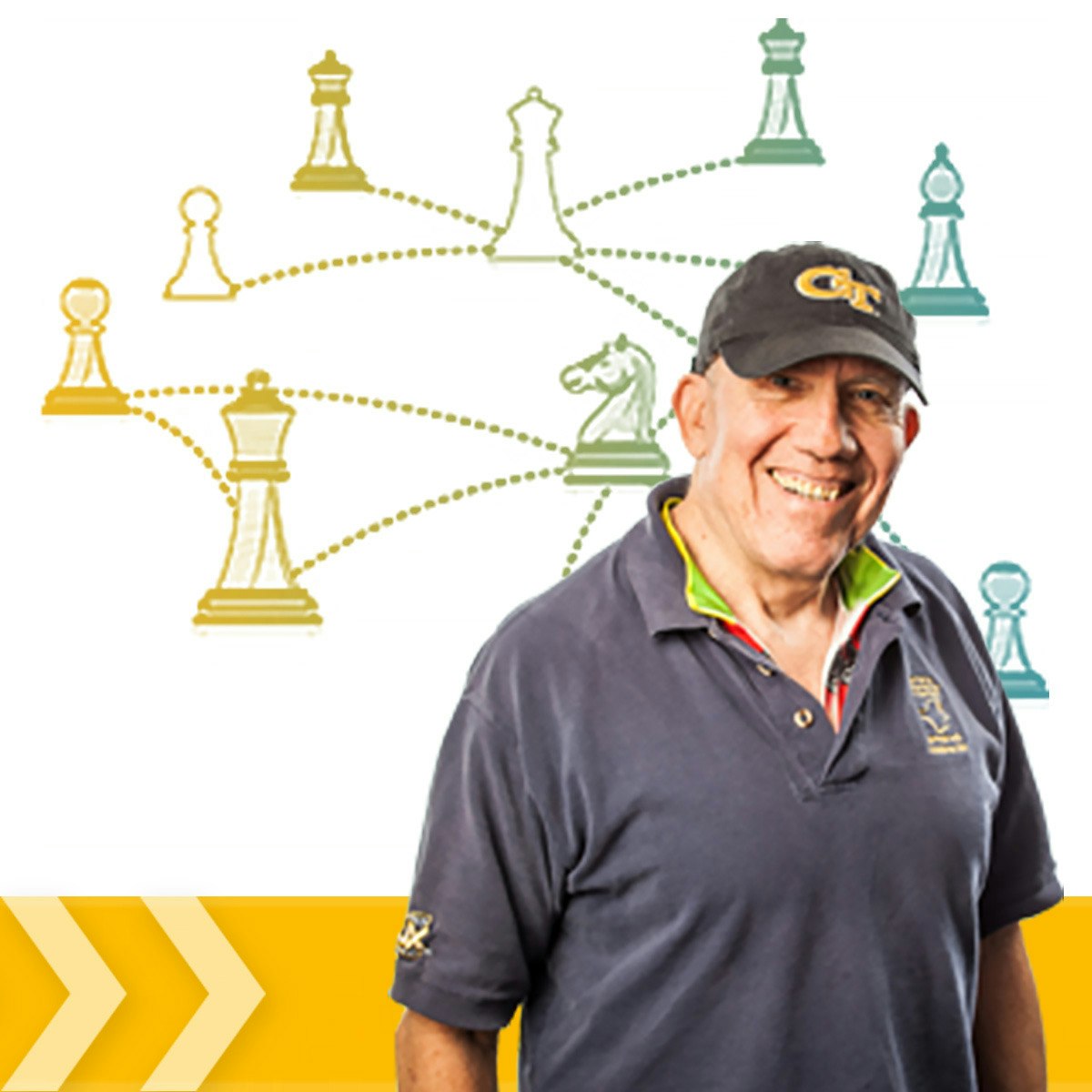
Math And Logic Courses - Page 3
Showing results 21-30 of 148

Electrodynamics: An Introduction
The depth and breadth of electromagnetism, the foundation for many fields including materials science, electrical engineering, and physical chemistry, requires a long, steep, and steady learning curve. This course aims to bridge the gap between the fundamental principles taught in electromagnetism and its practical application to specific fields such as materials, physics, and chemistry related to energy storage and harvesting.
The goal of Electrodynamics: An Introduction is to not only teach electromagnetism but also introduce some mathematical tools which can be used to solve problems in the subject. Within these lecture notes, we review vector calculus and explain how to use fields to visualize the topics we cover. This course is dynamic, as the lectures continuously build on previous notes and a variety of explanations are presented for each solution. Since this is a lower level course, we will focus on the simple concept of electrostatics. This has applications in exploring intermolecular forces, and qualities of capacitors. Through this, we relate electromagnetism to more conventionally studied topics and its application to specific research topics related to energy storage and harvesting.

Delivery Problem
In this online course we’ll implement (in Python) together efficient programs for a problem needed by delivery companies all over the world millions times per day — the travelling salesman problem. The goal in this problem is to visit all the given places as quickly as possible. How to find an optimal solution to this problem quickly? We still don’t have provably efficient algorithms for this difficult computational problem and this is the essence of the P versus NP problem, the most important open question in Computer Science. Still, we’ll implement several solutions for real world instances of the travelling salesman problem.
While designing these solutions, we will rely heavily on the material learned in the courses of the specialization: proof techniques, combinatorics, probability, graph theory. We’ll see several examples of using discrete mathematics ideas to get more and more efficient solutions.

Causal Inference 2
This course offers a rigorous mathematical survey of advanced topics in causal inference at the Master’s level.
Inferences about causation are of great importance in science, medicine, policy, and business. This course provides an introduction to the statistical literature on causal inference that has emerged in the last 35-40 years and that has revolutionized the way in which statisticians and applied researchers in many disciplines use data to make inferences about causal relationships.
We will study advanced topics in causal inference, including mediation, principal stratification, longitudinal causal inference, regression discontinuity, interference, and fixed effects models.

Calculus: Single Variable Part 1 - Functions
Calculus is one of the grandest achievements of human thought, explaining everything from planetary orbits to the optimal size of a city to the periodicity of a heartbeat. This brisk course covers the core ideas of single-variable Calculus with emphases on conceptual understanding and applications. The course is ideal for students beginning in the engineering, physical, and social sciences. Distinguishing features of the course include: 1) the introduction and use of Taylor series and approximations from the beginning; 2) a novel synthesis of discrete and continuous forms of Calculus; 3) an emphasis on the conceptual over the computational; and 4) a clear, dynamic, unified approach.
In this first part--part one of five--you will extend your understanding of Taylor series, review limits, learn the *why* behind l'Hopital's rule, and, most importantly, learn a new language for describing growth and decay of functions: the BIG O.

Play with Graphs using Wolfram Mathematica
Sometimes the visual understanding of a mathematical problem is quite helpful in solving it fast and correctly. Play with graph is an attempt to ease the minds of all mathematics lovers and engineering aspirants who wish to solve the tricky and knotty mathematics problem involving functional approach. This project will help you make intuitive connections between the graphs of the function in the problem with the exact solution of the problem.
The project starts with plotting basic functions ,labelling & fillings and later takes up the topic such as curve filling 'below' and 'between' the two curves ,plotting of sample points where the curve changes quickly, ranges where function becomes non real, plotting curve where there are discontinuities and finally labelling and legending of illustrative curves.
It is highly recommended to all those who sincerely desire to master problem solving in mathematics.

Electrodynamics: Electric and Magnetic Fields
This course is a continuation of Electrodynamics: An Introduction and Electrodynamics: Analysis of Electric Fields. Here, we will introduce magnetostatics and relate it to the material we learned previously. In addition, we will cover the basics of the electromotive force and how it can be used to build different devices.
Learners will
• Be able to use solutions from electric fields and relate them to other subjects (heat transfer, diffusion, membrane modeling)
• Understand Maxwell's equations in the context of magnetostatics
• Be introduced to energy and quantum mechanics relating to magnetic forces
By relating the concepts in this lecture to other fields, such as heat/mass diffusion, and describing their potential applications, we hope to make this course applicable to our students careers. Because this course covers both basic concepts and device construction, we have designed it to be useful for researchers and industry professionals alike. The approach taken in this course complements traditional approaches, covering a fairly complete treatment of the physics of electricity and magnetism, and adds Feynman’s unique and vital approach to grasping a picture of the physical universe. Furthermore, this course uniquely provides the link between the knowledge of electrodynamics and its practical applications to research in materials science, information technology, electrical engineering, chemistry, chemical engineering, energy storage, energy harvesting, and other materials related fields.

Mathematical Biostatistics Boot Camp 2
Learn fundamental concepts in data analysis and statistical inference, focusing on one and two independent samples.

Mathematical Biostatistics Boot Camp 1
This class presents the fundamental probability and statistical concepts used in elementary data analysis. It will be taught at an introductory level for students with junior or senior college-level mathematical training including a working knowledge of calculus. A small amount of linear algebra and programming are useful for the class, but not required.

Regression and Classification
Introduction to Statistical Learning will explore concepts in statistical modeling, such as when to use certain models, how to tune those models, and if other options will provide certain trade-offs. We will cover Regression, Classification, Trees, Resampling, Unsupervised techniques, and much more!
This course can be taken for academic credit as part of CU Boulder’s Master of Science in Data Science (MS-DS) degree offered on the Coursera platform. The MS-DS is an interdisciplinary degree that brings together faculty from CU Boulder’s departments of Applied Mathematics, Computer Science, Information Science, and others. With performance-based admissions and no application process, the MS-DS is ideal for individuals with a broad range of undergraduate education and/or professional experience in computer science, information science, mathematics, and statistics. Learn more about the MS-DS program at https://www.coursera.org/degrees/master-of-science-data-science-boulder.
Photo by Nicholas Cappello on Unsplash

Games without Chance: Combinatorial Game Theory
This course will cover the mathematical theory and analysis of simple games without chance moves.
Popular Internships and Jobs by Categories
Find Jobs & Internships
Browse
© 2024 BoostGrad | All rights reserved